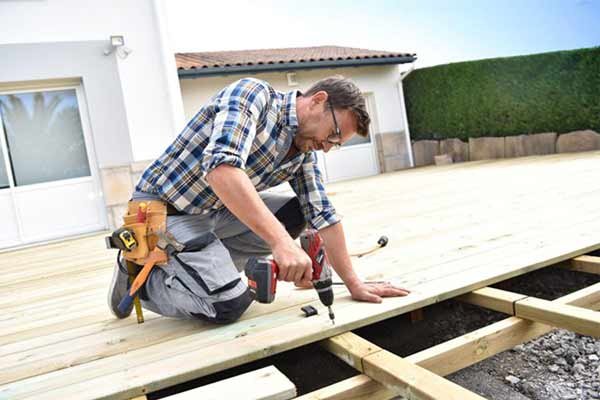
Carpentry is a skilled trade with a variety of qualifications available, each opening doors to different career opportunities. Whether you’re starting your journey or looking to advance, proper preparation is crucial. This article explores essential steps to effectively prepare for carpentry qualifications, ensuring you gain the skills and knowledge needed for a successful career in carpentry.
1. Understand the Carpentry Qualifications
Before diving into preparation, it’s essential to understand the different types of carpentry qualifications available. They may include:
- Certificate I in Construction: Ideal for beginners, this qualification provides foundational skills in carpentry.
- Certificate III in Carpentry: A more advanced qualification that focuses on specific carpentry skills, including complex construction techniques.
- Certificate IV in Building and Construction: Suitable for those seeking to manage projects and oversee construction sites.
- Diploma of Building and Construction: For those aiming for higher management roles or starting their own business.
2. Research the Requirements
Each qualification has specific entry requirements and prerequisites. For example:
- Certificate I in Construction may require basic literacy and numeracy skills.
- Certificate III in Carpentry often requires completion of Certificate I or relevant experience.
Ensure you meet these prerequisites before applying. Review course details, including duration, costs, and any additional requirements.
3. Gain Practical Experience
Hands-on experience is invaluable in carpentry. Consider the following:
- Apprenticeships: Work under the guidance of experienced carpenters. Apprenticeships offer practical experience and often count towards qualification requirements.
- Internships: Seek opportunities with construction companies or carpentry workshops to gain exposure to different aspects of the trade.
Practical experience not only enhances your skills but also strengthens your resume.
4. Enroll in a Preparation Course
Many institutions offer preparatory courses for carpentry qualifications. These courses cover:
- Basic Carpentry Skills: Understanding tools, materials, and safety practices.
- Advanced Techniques: For higher qualifications, including project management and complex construction methods.
These courses can provide a solid foundation and boost your confidence before tackling formal qualifications.
5. Study Relevant Materials
Prepare for theoretical components by studying:
- Construction Codes and Standards: Familiarize yourself with local building regulations and standards.
- Mathematics for Carpentry: Basic math skills, including measurements and calculations, are essential.
- Blueprint Reading: Understanding blueprints and technical drawings is crucial for effective carpentry.
Use textbooks, online resources, and practice exams to reinforce your knowledge.
6. Develop Essential Skills
In addition to technical skills, develop these essential skills:
- Problem-Solving: Carpentry often involves finding solutions to unexpected challenges.
- Attention to Detail: Precision is crucial in carpentry, so practice focusing on details.
- Communication: Effective communication with clients and team members is vital.
Work on these skills through practical exercises and real-world scenarios.
7. Prepare for Assessments
Qualifications often involve practical and written assessments. Prepare by:
- Practicing Skills: Regularly practice carpentry skills to build confidence and proficiency.
- Mock Tests: Take practice exams to familiarize yourself with the assessment format and identify areas needing improvement.
8. Seek Guidance and Support
Connect with industry professionals and mentors who can provide:
- Career Advice: Guidance on career paths, job opportunities, and industry trends.
- Study Tips: Insights on how to effectively study and prepare for qualifications.
Networking with professionals can also help you stay updated on industry developments.
9. Stay Updated on Industry Trends
Carpentry is an evolving field with new techniques and technologies. Stay informed about:
- Emerging Technologies: Innovations in tools and materials.
- Industry Best Practices: Updates on construction methods and safety standards.
Regularly read industry publications and attend workshops or seminars.
10. Apply for Your Qualification
Once you’re prepared, apply for your chosen qualification. Ensure you:
- Submit Required Documents: Provide proof of prerequisites, practical experience, and any other necessary documentation.
- Follow Application Procedures: Adhere to application guidelines and deadlines.
Conclusion
Preparing for carpentry qualifications involves understanding the requirements, gaining practical experience, and developing both technical and essential skills. By following these steps, you’ll be well-equipped to pursue a successful career in carpentry. With dedication and preparation, you can achieve the qualifications needed to excel in this rewarding trade.